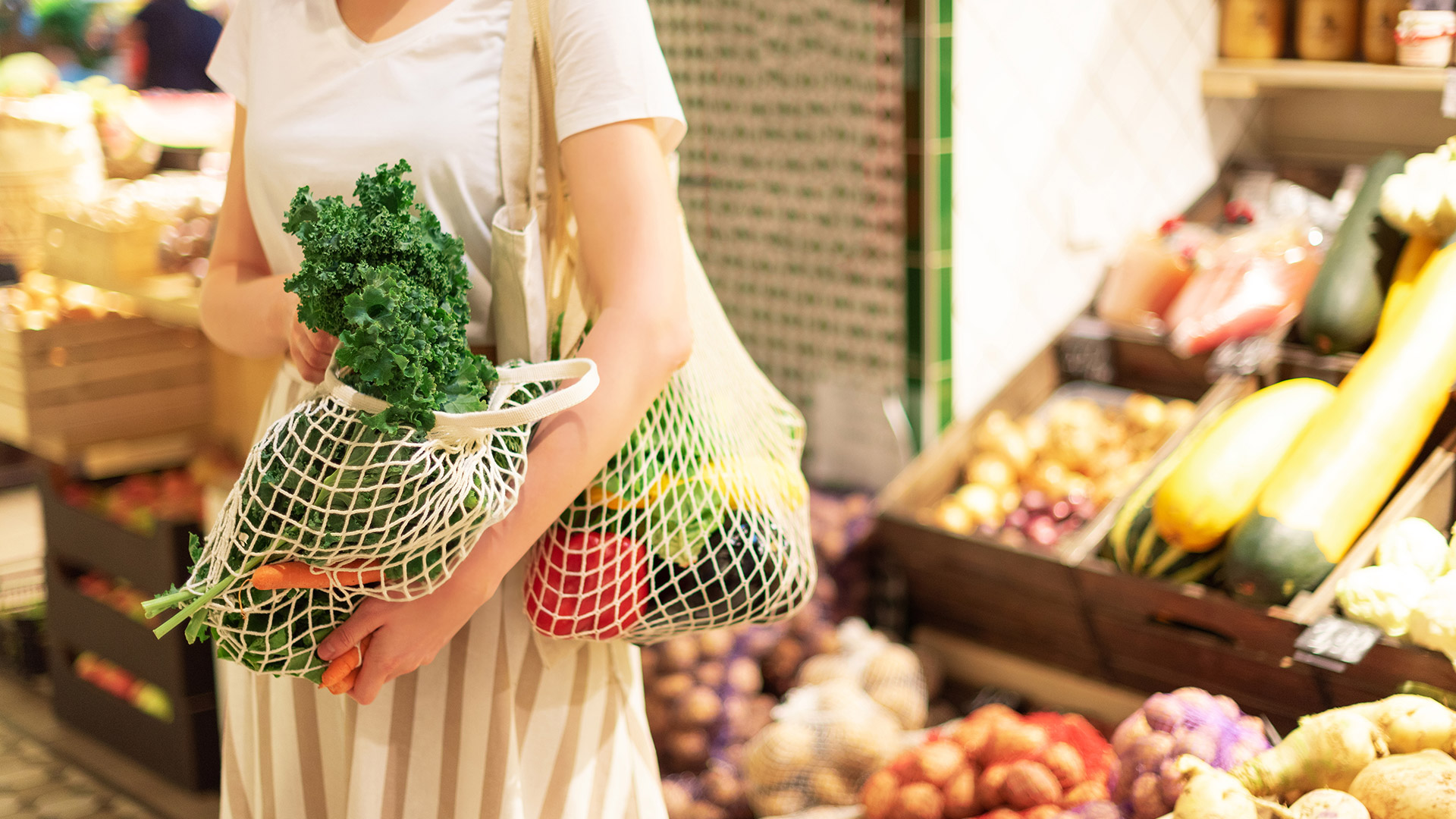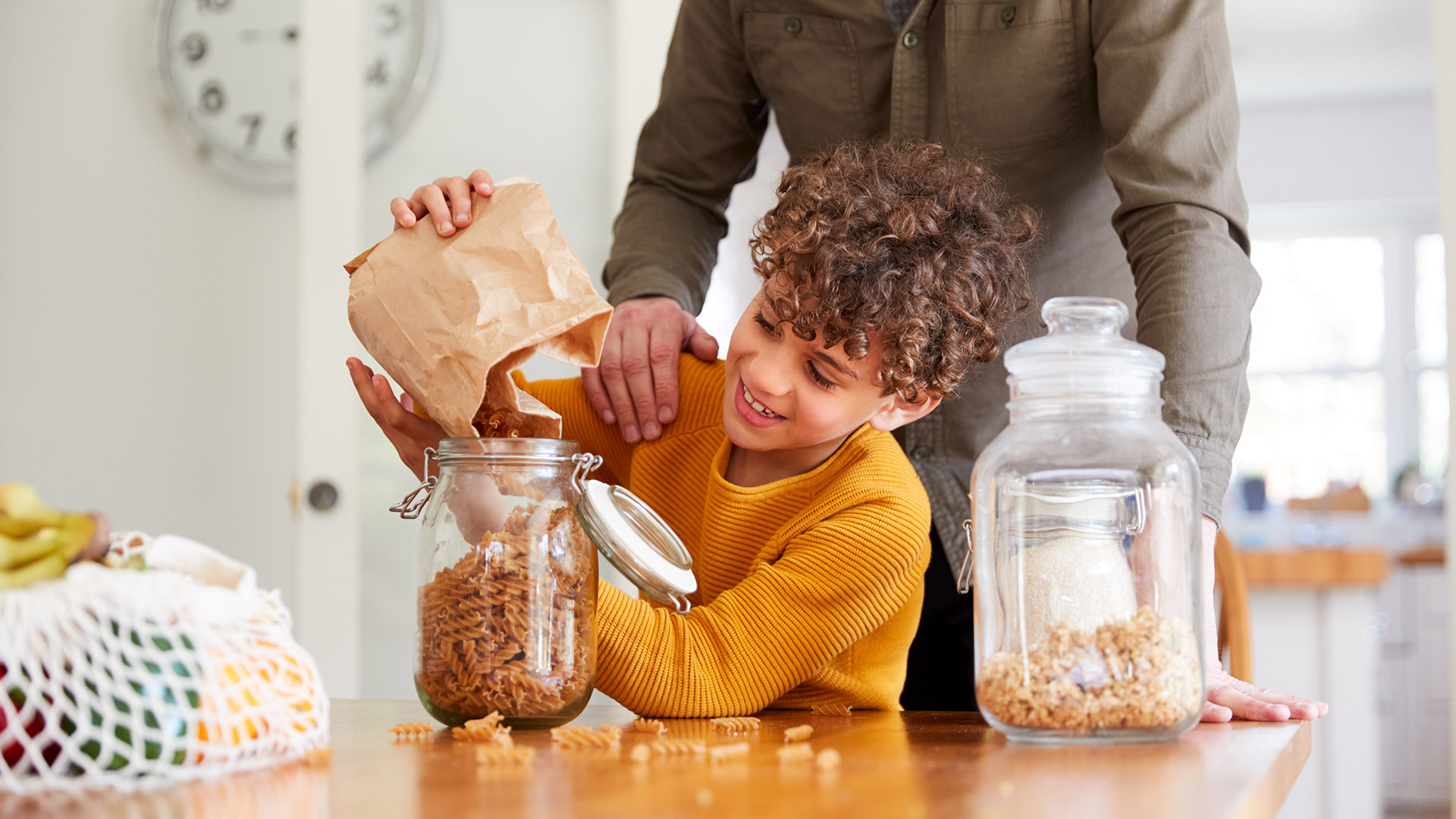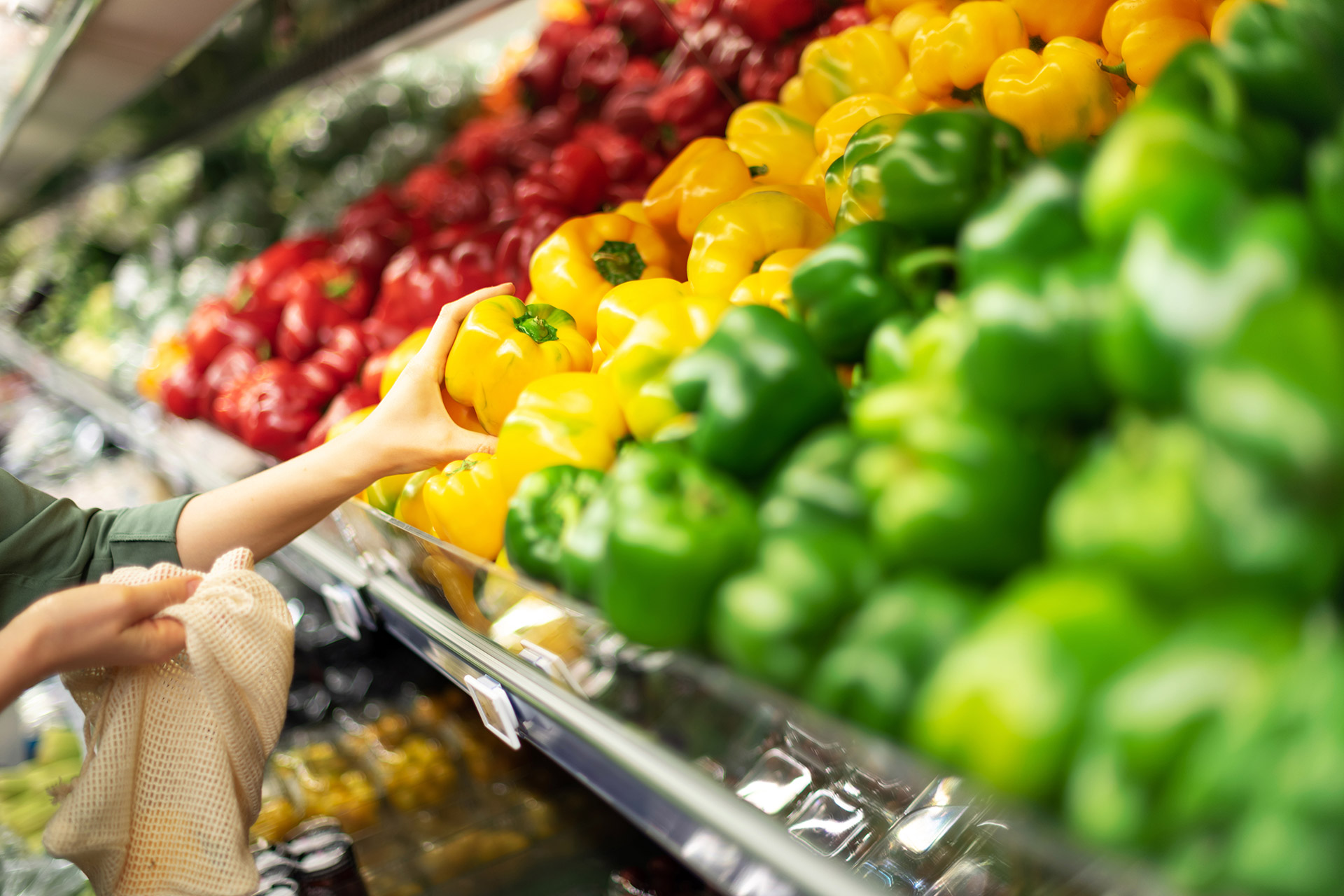Zero waste has been a trending topic in recent years. As a component of sustainability, zero waste refers to the prevention or minimization of waste generation to the greatest extent possible, avoiding wasteful behavior; sorting, collecting, and recycling of waste. Individual awareness is as important as national or governmental action in zero waste. This is because domestic waste is as damaging to the environment as the commercial-industrial waste. According to reports by The World Bank, it’s estimated that the annual 1,3 billion tons of domestic waste generation will rise to 2,2 billion tons in 2025.
Regarding humanity as the most superior form of species makes us forget that we are a part of nature and leads us towards reckless damage to the environment. As a result of industrialization and urbanization, sources are consumed with little to no awareness, while changing nutritional habits steadily increase domestic waste generation per capita. As part of sustainable development efforts worldwide; management strategies are pursued to make sure that waste no longer threatens the environment or human health but turns into an input to the economy.
Consumption must be limited
First and foremost, waste reduction calls for limiting consumption. Limiting consumption paves the way for reuse which can be adopted at home through various modes of behavior. Among these, the use of jars, market bags, glass bottles, and rechargeable batteries come to mind first, while worn-out sheets and towels can be reused as well. You can take your worn-out towels and turn them into pouches and tote bags for shopping and preservation of items. Before recycling waste, we must make use of them and only dispose of them in proper collection units when we can no longer use them in any way.

Composting of organic waste
A zero-waste lifestyle rejects single-use items. That’s why plastic-paper plates, cutlery, etc. must be avoided as much as possible. Composting is another practice one can adopt. Composting is defined as turning organic waste into fertilizer by way of several practical methods. Especially kitchen waste is the number one element of composting. This organic waste otherwise considered garbage can turn into a fertilizer under the right conditions. Composting is highly beneficial and a great method to enrich the soil in minerals that otherwise diminish over time. Let your vegetable and fruit waste rot in a compost bin. Then bury the compost in soil or use them in flower pots.
Tips for zero-waste in kitchens
Attention must be given to other items in the kitchen that are constantly used. First of all, wait until you consume whatever you have, do not throw away and waste anything. For example, use dishcloths rather than paper towels. Prefer cloth napkins instead of paper napkins. Use glass jars to preserve food. Following are some ways to prevent food waste in the kitchen:

– Drink the juice of beetroot you use in salads.
– Use spinach stems and celery stalks in the meals you prepare with these veggies.
– Crack eggs onto stale bread, roast them in the oven with veggies.
– Don’t throw away yellowing mint and parsley leaves, boil them. The juice will be an edema relief.
– Pickle extra cabbage leaves or fry them with onions and pepper.
– Cube stale bread and roast the cubes in the oven. You’ll get croutons for soups.
– Tea leaves and coffee dregs may be composted.
Zero waste strategies are based on an eco-friendly life principle. It’s important to raise societal awareness in this concept if we are to leave usable sources and a clean world to the coming generations. Small, environmentalist actions at home are the first step towards saving the future of our aging world. We must keep in mind that individual efforts to ensure zero waste can guide our environment and our future into a better direction…


